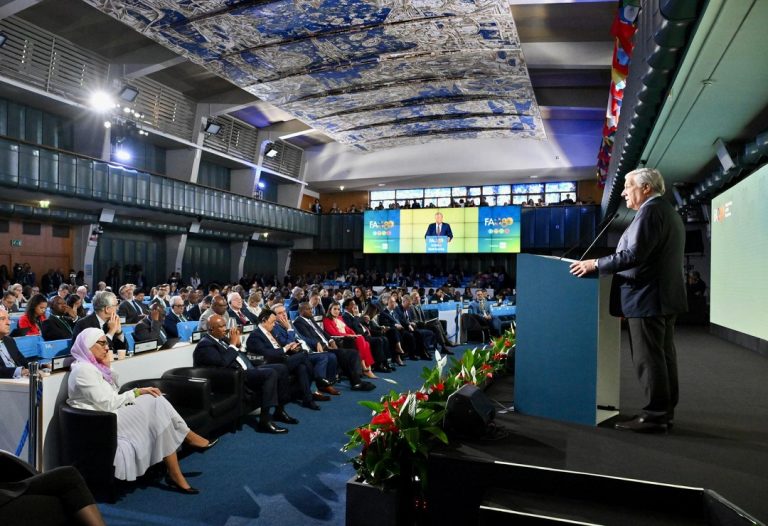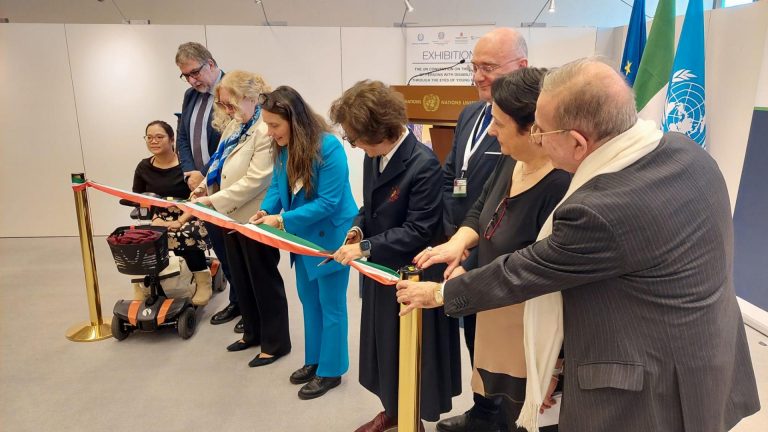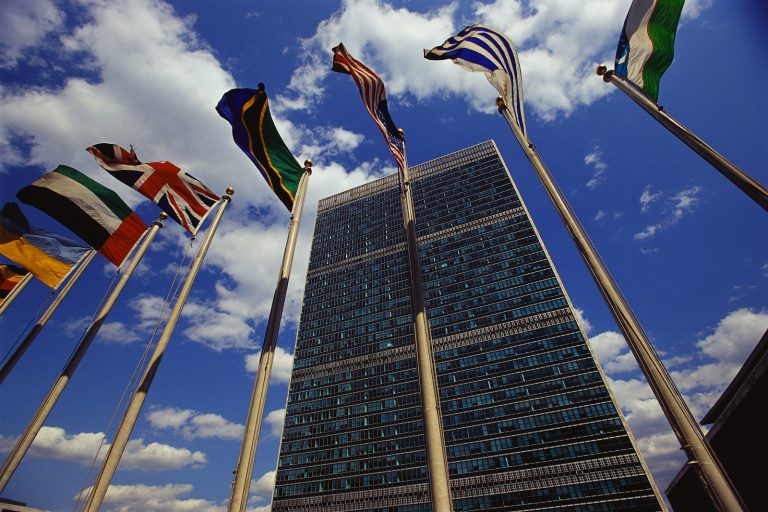In response to the statements made by the United Nations High Commissioner for Human Rights, the Foreign Ministry points out the following: Italy deems the statements made today by the United Nations High Commissioner for Human Rights, Michelle Bachelet, on Italy’s alleged non-compliance with the respect of the human rights of migrants, to be inappropriate, ungrounded and unfair.
For years, Italy has engaged in search and rescue operations in the Mediterranean Sea, which have been, and continue to be, followed up with the adoption of costly and complex first reception policies throughout the national territory. Italy has borne most of the cost of these operations, in terms of the deployment of human resources, means, financial resources and, above all, of the social impact and perception thereof.
Moreover, Italy has carried out actions to tangibly support the Countries of origin and transit of migration flows, implementing cooperation and aid projects in a variety of sectors: from border control to training and education, security, managing medical and food emergencies and improving living conditions in the reception centres. Broad segments of Italy’s civil society have been, and continue to be, involved in several initiatives to help migrants and protect the rights and interests of those who undertake terrifying journeys and fall prey to exploiters and traffickers of human beings in the hope of a better life, far from wars, destruction, poverty and famine.
Italy has urged the international organizations of which it is member to share this burden in a spirit of equitable and tangible solidarity. The tragedy of migration and its impact on Europe has been repeatedly brought to the attention of the European Union as we think that it should act towards a veritable and much more effective burden sharing than has been achieved up to now.
We have promoted awareness-raising activities also within the United Nations: in particular, we have contributed to giving priority to the issue of migration in the debate of the UN General Assembly. We have tried to spur the specialised United Nations Agencies – primarily the UNHCR and the IOM – to intensify their mobilisation efforts and make their dutiful presence and operations more efficient, systematic and capillary in the Countries of origin of migrants, in the States neighbouring Libya as well as in the Countries of transit and, lastly, in the Countries from which migrants arrive in Europe. Italy is ready to debate the effective results and impact of the UN’s actions, measured against the magnitude of these epochal migration flows.
Some figures may perhaps help the newly appointed High Commissioner to better understand. As has been repeatedly acknowledged, Italy has rescued tens of thousands of people in the Mediterranean, often single-handed, ranking it at the topmost positions among European Union countries. Thanks to our decisive contribution, we have recorded a 52% reduction in the number of people drowned in shipwrecks in the Mediterranean since the beginning of 2018 compared to the same period of 2017. This is a result we are proud of. And we are also proud that our efforts – humanitarian, political, diplomatic, financial and material – have produced an 80% reduction in the arrival of migrants on the coasts of Italy, and therefore of Europe, over the last 12 months.




